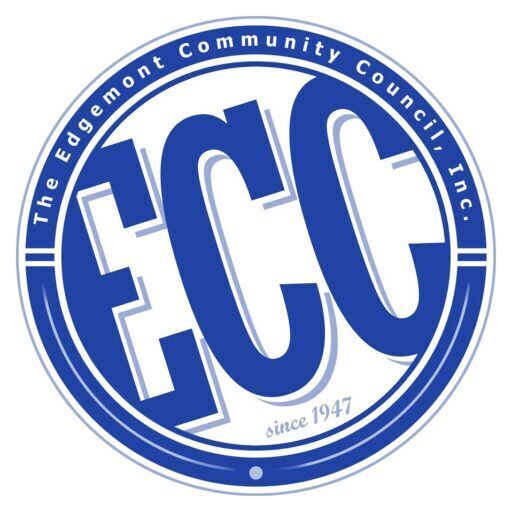After months and months of delay and criticism, after Town Supervisor Paul Feiner said two weeks ago that enough was enough, that it was time to buy some goodwill with the Town’s civic associations, and after a town board work session last week where council members specifically instructed the town attorney to prepare a “simple and straightforward” resolution returning the money the Town improperly demanded from civic groups who were seeking nothing more than to enforce the Town’s own zoning laws — the Town apparently still can’t get its act together.
Released only a few hours before tonight’s meeting, the long awaited resolution reimbursing the ECC the $500 in fees it had to pay last August before being allowed to file its appeal of the zoning inspector’s ruling that no variances were required for the Shelbourne assisted living application in Edgemont that is nearly a mile from the nearest state or county right-of-way, when the law requires 200 feet, and on less than the minimum required four acres of land , came with an important catch.
The Town wants civic groups to pay such fees in the future should they ever dare to challenge again an interpretation of the zoning law by the Town’s building inspector. Since most civic groups do not have large enough treasuries to pay the fees the Town requires, the effect of the resolution tonight, if not corrected, is to backdoor approval of fees that were never intended to be levied upon civic groups.
Thus, rather than simply returning the money and giving up on its demand last month for another $400 payment — the Town now proposes to return only $450 of the $500 originally paid — the resolution recites a series of false and misleading “whereas” clauses designed to convey the impression that Town rules in effect since December 22, 2008 had always required civic associations to pay such fees.
In fact, the rules adopted by the Town Board in December 2008 applied only to “applicants” seeking land use approvals and nowhere mentioned civic associations, who have been exempted in writing from having to pay such fees for the past 35 years. Also exempted under the same rule are town officials who, like the civic associations, seek nothing more than a ruling from the Zoning Board of Appeals on how the zoning laws should be interpreted.
Nevertheless, the resolution on the Town Board’s agenda tonight recites falsely that all “applicants” — including civic associations — have had to pay such fees since the fees were jacked up in December 2008, when in fact no such fees were required to be paid by Steven Belasco, the former chair of the Zoning Board who brought his own appeal of the building inspector’s interpretation of a Town zoning law; nor were any such fees to be paid required when the building inspector himself brought his own proceeding before the ZBA seeking an interpretation.
At the Town Board work session last week, Mr. Feiner expressed relief that the matter was being put to rest, and town council members Francis Sheehan and Kevin Morgan both emphasized the importance of the town attorney drafting a simple and straightforward resolution returning the money to the ECC, as well as to the Fulton Park Civic Association which brought an appeal a few years ago.
But Mr. Lewis, the town attorney, evidently didn’t agree, thinking he could draft a confused and convoluted resolution that could arguably be used to assess such fees against civic associations filing such appeals in the future, and that the only reason the money was being returned to the civic associations now was that there was “ambiguity” in what the Town Board had intended to do back in December 2008.
By writing the resolution in that fashion, Mr. Lewis evidently thinks, by writing such a convoluted draft, he can get the Town Board in effect to require that such fees be charged to civic groups prospectively — without any discussion among town board members or any input from the public.
The Town has long exempted civic associations from having to file such fees because, unlike applicants who stand to profit from their applications for land use approval being granted, civic groups, who have no financial interest of their own, merely seek to have the Town’s zoning laws enforced as written for the benefit of the public.
Town officials were notified of the problem with this latest draft — but it is not known whether, assuming they will even read the one-page draft, they will take the time this evening to amend the resolution to eliminate the problem.
Not suprisingly, Mr. Lewis’s draft resolution nowhere discloses that one of the fees that will be returned is a $100 “legal fee.”
